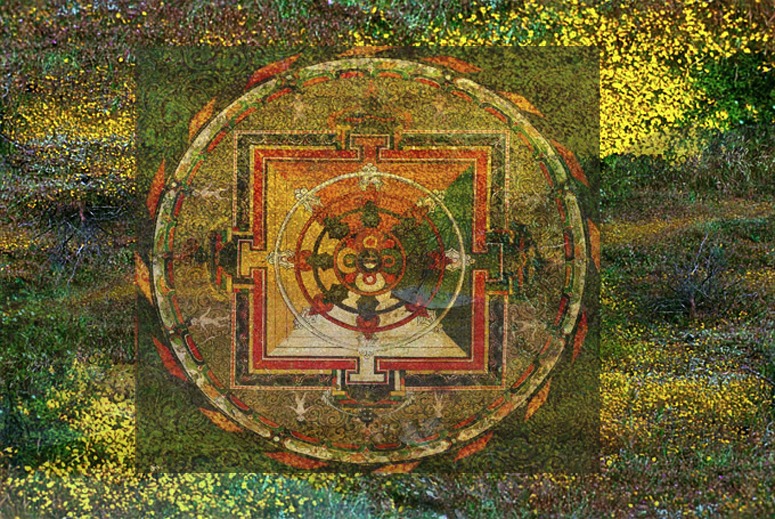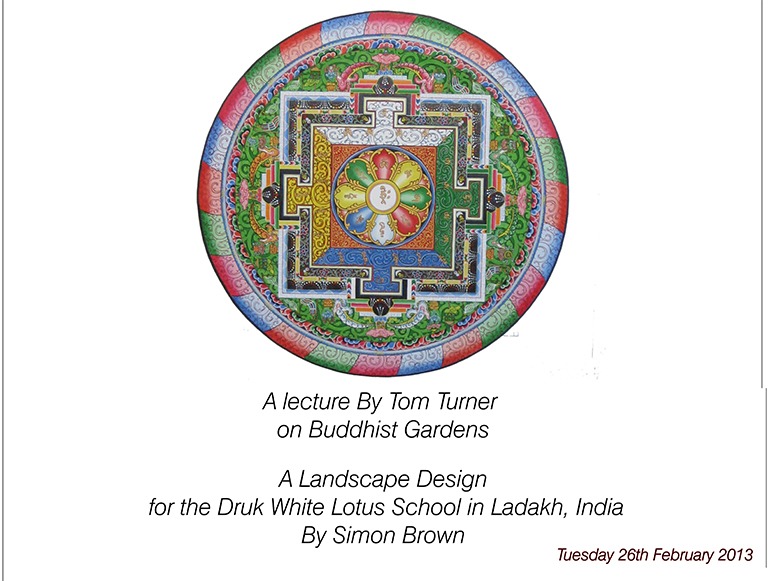Buddhism is a belief system. Though sometimes described as a ‘religion’ the Buddha’s teaching had no creation story and no gods. Nor did the Buddha want to be ‘worshiped’. Some Buddhist sects became more like the other religions but CHANGE (anicca) is an essential characteristic of Buddhism – and one which favours the development of green, environmental, eco-Buddhism. Buddhism can be compared to open-source software in this respect. Everyone can draw upon the core code and everyone can make contributions. Buddhists have never fought each other in the way that Protestants have fought Catholics and Shias have fought Sunnis. Without giving them a specifically Buddhist interpretation, it is evident that the core principles could be of use to the environmental professions come from the Ayran Path:
1. Right view
2. Right intention
3. Right speech
4. Right action
5. Right livelihood
6. Right effort
7. Right mindfulness
8. Right concentration
Buddhism has the very attractive characteristic of being kind to animals. Wiki puts it like this ‘Animals have always been regarded in Buddhist thought as sentient beings, different in their intellectual ability than humans but no less capable of feeling suffering. Furthermore, animals possess Buddha nature (according to the Mahāyāna school) and therefore an equal potential to become enlightened.’
Buddhism dates from what Karl Jaspers called the Axial Age – as do the origins of the world’s other major philosophical and belief systems. That period seems to have had a talent for beliefs equaling our own priod’s talent in science, which may be a reason for looking so far back to find sound ethical principles. It is of interest that the medical profession dates from the Axial Age and has a good base in the Hippocratic Oath. I once had a go at adapting the Hippocratic Oath for landscape architecture.
Wiki gives the following figures for the numbers of adherents of the major world faiths:
Christianity 2,000–2,200
Islam 1,570–1,650
Hinduism 828–1,000 I
Buddhism 400–500
Nobody knows how many Chinese people are, to a greater or lesser extent, followers of Buddhist ideas. If the number is large, Buddhism could move up the rankings. My impression is that ‘communist China’ is now building more Buddhist temples than any country has ever built at any point in history.


